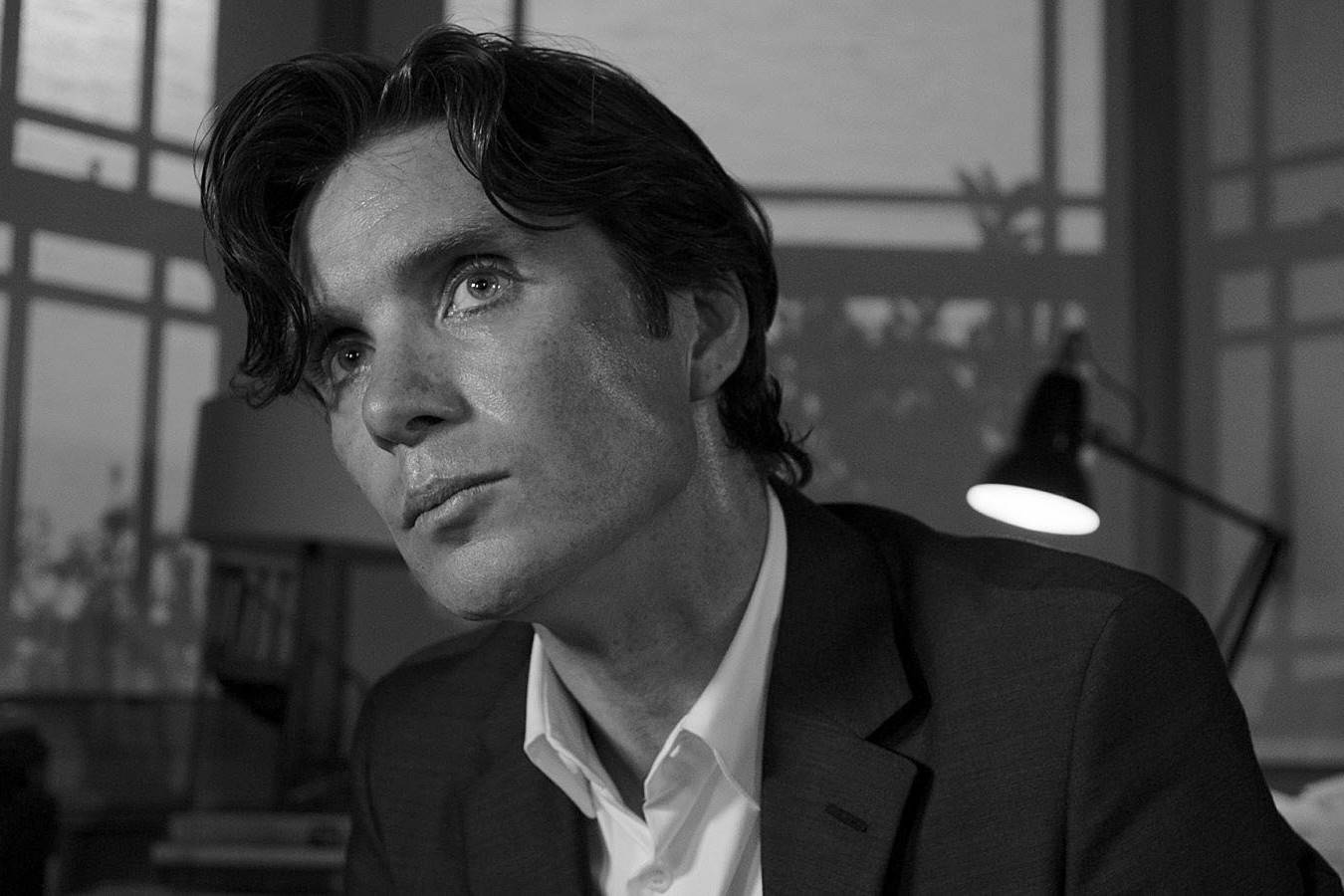As we applaud the wave of women making (still far from equitable) inroads into film directing, let’s pause to appreciate a veteran in the field. Primarily a choreographer, songwriter, and performance artist in the early part of her career, Sally Potter began making experimental films in the 1960s. Her cinematic breakthrough was the surprise 1992 arthouse hit Orlando, an adaptation of Virginia Woolf’s novel, with Tilda Swinton as the gender-hopping protagonist. Since then Potter has sometimes hit the mark, as with her hothouse coming-of-age picture Ginger & Rosa, but more often I’ve found her work insufferable. If you’ve seen the relentlessly politically correct Yes, in which all the dialogue is rhyming iambic pentameter, you know the desperate wish for large wads of ear-stuffable cotton.
It’s a pleasure to report that Potter’s newest, The Party, is a nasty little gem. Shot in crisp black-and-white and contained to 71 minutes, the film takes place at an intimate gathering at a London home. The party celebrates Janet (Kristin Scott Thomas) and her new Cabinet position—a role everybody agrees could make her Prime Minister some day. Janet’s professor husband Bill (Timothy Spall) is nearly comatose, however, chugging wine and playing Bo Diddley records at top volume. And when sourpuss best friend April (Patricia Clarkson in lethal form) arrives, it’s to announce that she and partner Gottfried (the great Bruno Ganz, from Wings of Desire), a touchy-feely life coach, are separating. Another academic, Martha (Cherry Jones), also has a surprise: her young wife Jinny (Emily Mortimer) is pregnant with triplets. For his part, the cocaine-huffing Tom (Cillian Murphy), who has sold his soul to finance, brings a gun. Something to look forward to in the third act, then.
Potter’s script is full of lacerating one-liners that expose these self-satisfied progressives, all of whom have compromised principles. When an infuriated Janet is stirred by murderous impulses, she tries to reason herself out of it: “I don’t believe in revenge. I’ve given speeches about it all over the world.” Like the work of many serious British artists right now (see also Ali Smith’s novels Autumn and Winter), The Party wrestles with how Brexit could possibly have happened in a civilized country, even if Brexit is never mentioned. It’s all pointedly political, but in a wickedly witty mode.
The only problem: The Party is too short—even if its final moment uncorks one more tasty surprise, good enough that you can almost hear M. Night Shyamalan mutter, “Well played, Potter, well played.” One wants more time with the actors as they chew over Potter’s poison-dipped dialogue: Scott Thomas is just right as the ambitious politico (so much better than her turn in the gasbag Darkest Hour), and the mighty Jones—a titan of New York theater—brings plain authority to every line. Spall is fascinating to watch: a beefy man through most of his distinguished career (including periodic turns in Mike Leigh’s films, such as Mr. Turner and Secrets & Lies), he has lost weight and his features are now starkly defined, his eyes and teeth bulging out of his head and leaving the impression of a nocturnal rodent blinking its way into the light—which is not far from his character’s situation. Because the movie ends on a suspended note, I think these characters very much deserve a sequel. Potter needs to throw another party.
The Party
Opens Fri., March 2 at SIFF Cinema Uptown | Rated R








